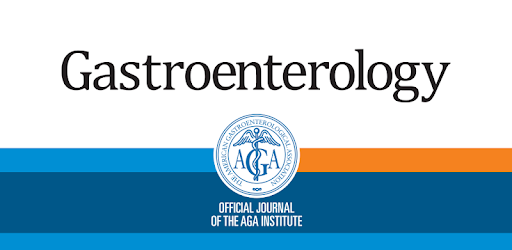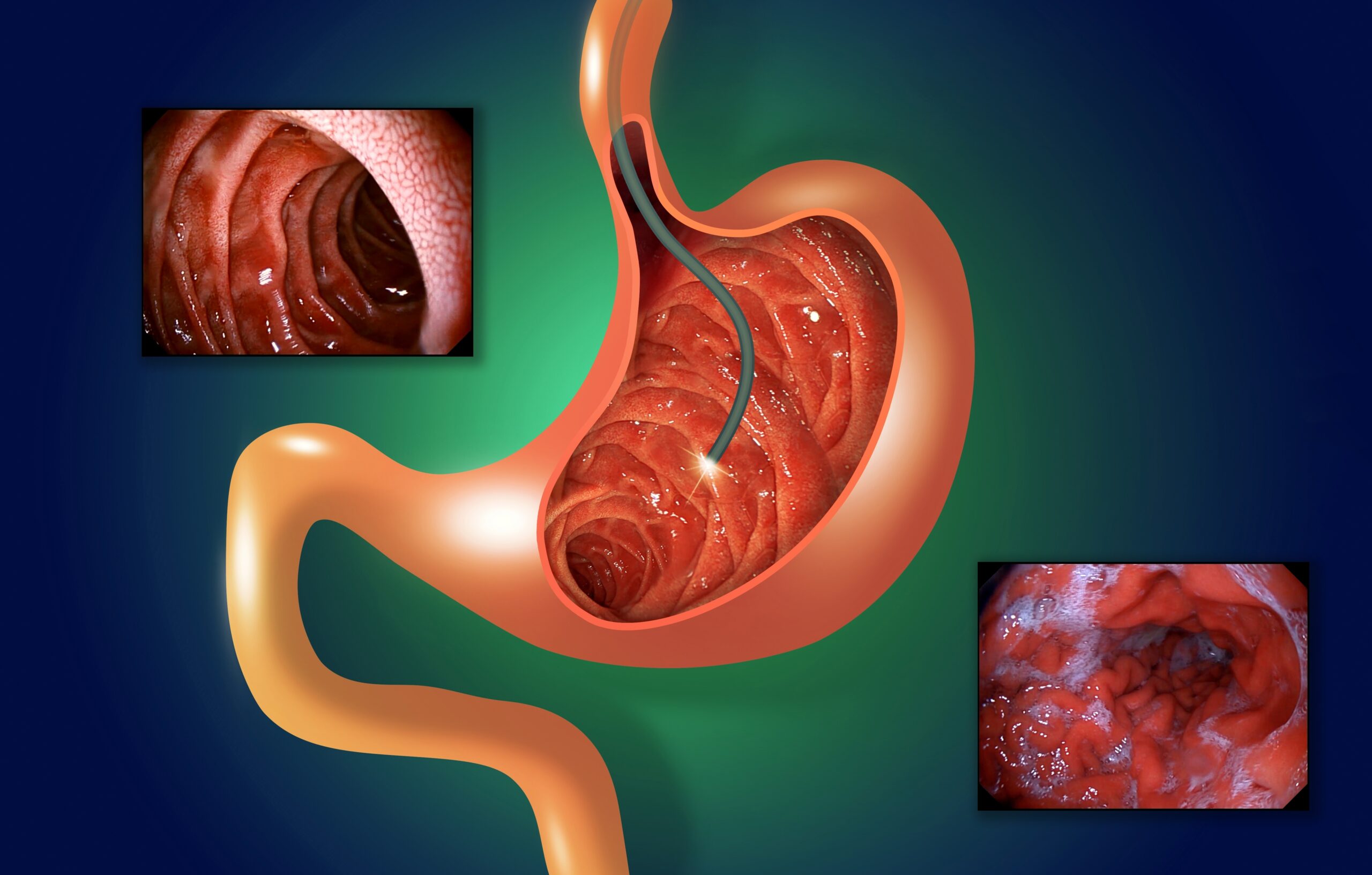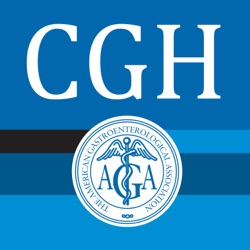 GI Endoscopy
GI Endoscopy
New colonoscopy guidelines increase bowel prep quality expectations

Editor's Note New consensus recommendations from the US Multi-Society Task Force on Colorectal Cancer (MSTFCRC) set a 90% adequacy benchmark for bowel preparation in colonoscopy, reinforcing the role of preparation in ensuring accurate screenings and reducing the risk of missed lesions. As detailed in a March 4 joint press release…
AMSURG launches nationwide campaign to spotlight rising colon cancer rates, urges early screening
Editor's Note Coinciding with Colon Cancer Awareness Month, AMSURG—a leading provider of ambulatory surgery center (ASC) services and GI care—has launched an educational push to boost colonoscopies and reduce soaring colon cancer rates, particularly among younger adults, a March 3 press release reports. The campaign highlights the lifesaving impact of…
Researchers recommend extending colonoscopy screening interval for low-risk patients

Editor's Note Individuals with negative colonoscopy screening (NCS) results face significantly lower long-term risk of colorectal cancer (CRC) incidence and mortality, suggesting the recommended 10-year rescreening interval could be safely extended for low-risk populations, according to a study published in JAMA Oncology. Healio reported on the results January 15. As…
Study: Stool tests show promise in reducing colonoscopies for post-polypectomy colorectal cancer surveillance

Editor's Note Stool-based testing strategies could significantly reduce the number of colonoscopies required for post-polypectomy colorectal cancer (CRC) surveillance while maintaining equivalent long-term outcomes in cancer incidence and mortality, according to research published August 30 in Gastroenterology. Conducted in the Netherlands, the cross-sectional observational study compared three stool tests—multitarget stool…
GLP-1 agonists linked to food retention in EGD, but not combined EGD-colonoscopy

Editor's Note Patients using GLP-1 receptor agonists (GLP-1 RAs) have a higher risk of food retention during esophagogastroduodenoscopy (EGD) when performed alone, but not when combined with a colonoscopy, according to a retrospective study from Cedars-Sinai Medical Center. MedPage Today reported the news October 1. The study included 70 patients…
New research shows health risks of smoke exposure in gastrointestinal endoscopy

Editor's Note Research presented at this year’s Digestive Disease Week in May highlights the potential health risks posed by smoke generated during tissue-cutting ablations in gastrointestinal (GI) endoscopy, Gastroenterology & Endoscopy News May 18 reports. Unlike surgeons in ORs, who follow specific regulations to mitigate smoke exposure, GI endoscopy procedures…
Ambulatory endoscopy management strategies keep patients, finances healthy

Gastrointestinal (GI) endoscopy is one of the most common procedures in the US. Performed more than 17.1 million times per year in inpatient and outpatient hospital settings as well as ambulatory surgery centers (ASCs), GI procedures account for 68% of all endoscopies, according to a May 2022 article in Digestive…
Study: Infection risk unaffected by colonoscopy, joint replacement timing

Editor's Note A study published May 7 in JAMA Open found no significant risk of periprosthetic joint infection (PJI) when colonoscopy is performed within one year of total joint arthroplasty (TJA), whether the colonoscopy was done before or after the surgery. However, certain comorbidities such as kidney and pulmonary disease,…
US News & World Report best ASCs ranking now available

Editor's Note With the goal of helping patients choose if outpatient care is right for them and identify the right ambulatory surgery center (ASC) for their needs, US News & World Report unveiled on May 14 its inaugural ranking of the best ASCs in the US. Reportedly, “fewer than 15%…
Study explores link between diverticulitis and colorectal cancer

Editor's Note Using data from the Gastrointestinal Quality Improvement Consortium registry, this 2024 study provides new insights into the practice of recommending colonoscopy following diverticulitis episodes to rule out colorectal cancer (CRC), Clinical Gastroenterology and Hepatology April 24 reports. This study, which analyzed over 4.5 million colonoscopies performed in the…

 Free Daily News
Free Daily News